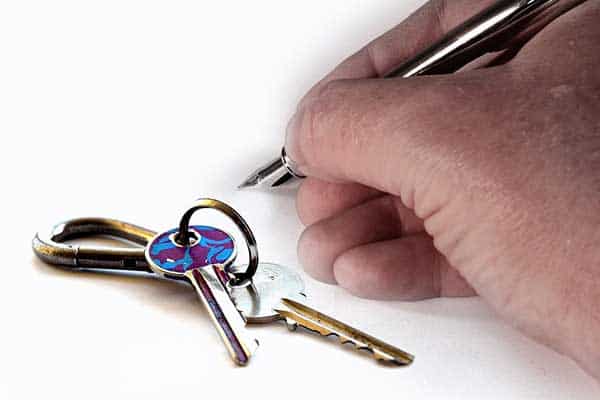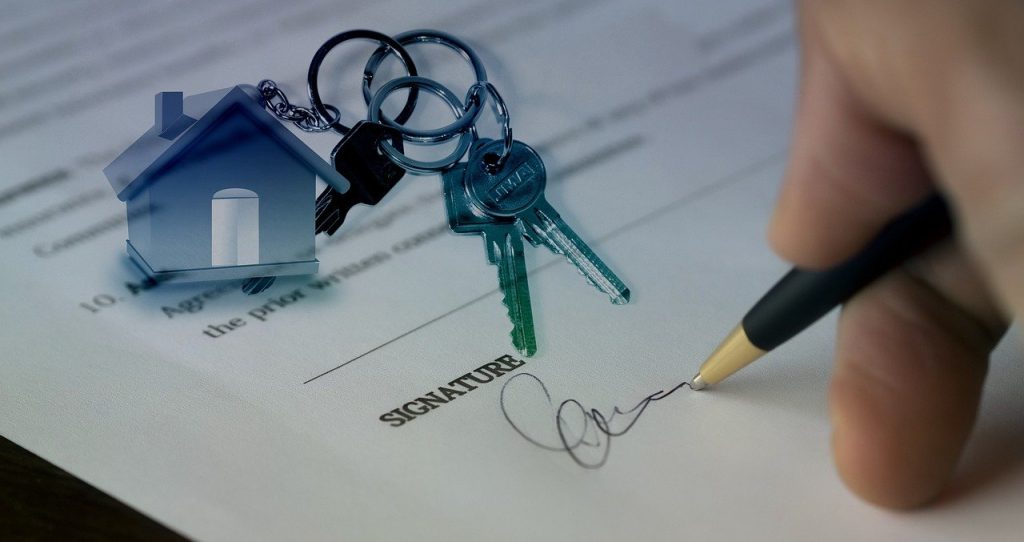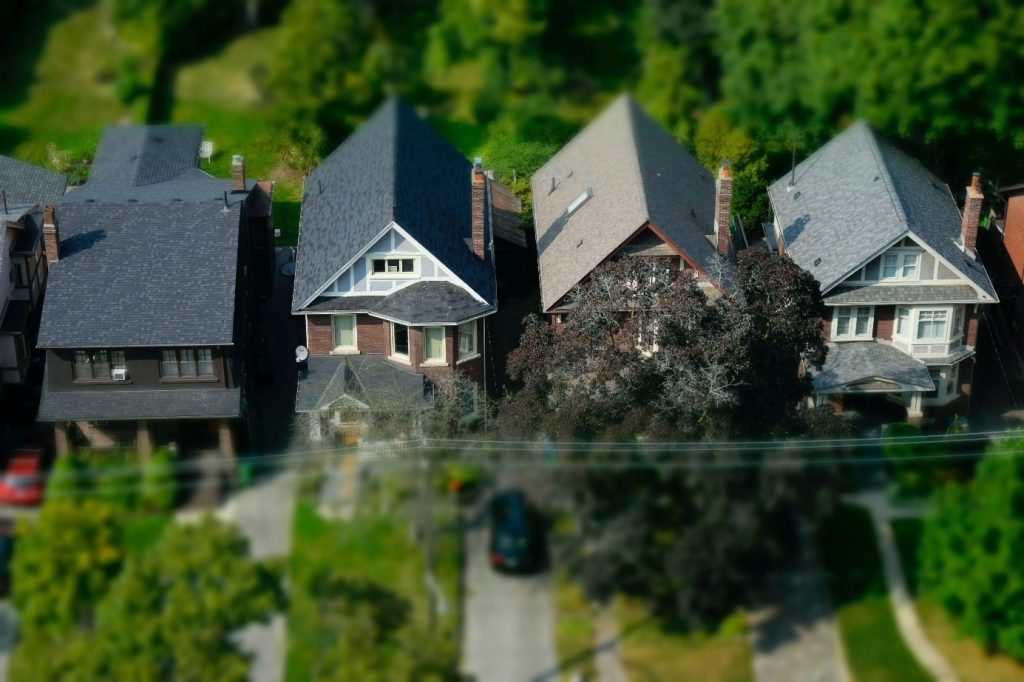The tenant is more closely protected by law than the landlord, which gives him a multitude of rights and freedoms, once the rental agreement is signed. However, he must know how to carefully fulfill his duties and obligations vis-à-vis the accommodation, his lessor and those around him.
All this is in order to ensure a peaceful lease period by respecting the rules and avoiding all kinds of conflicts that we so often hear about.
Here is a list of obligations to which the law subjects you, as a tenant:
Summary
Pay your dues
The unshakable golden rule, for a smooth running of the lease accompanied by a dignified and correct relationship with your landlord, is to pay your rent and your charges, as and when it should be! The law of July 7, 1989 obliges you to pay your recoverable charges and your rents under the agreed terms, at the risk of terminating the contract and having you prosecuted legally.
Read your contract carefully and make sure if the rent is to be paid in arrears, at the latest on the 3rd of the following month, or in due time, at the latest in the following three months.
Reimburse any damage
Unless you can prove that the damage and loss to the premises occurred before you moved in, or regardless of your personal responsibility, the law places you under an obligation to respond.
Fire, breakage and other permanent damage caused by you, or by a third party introduced by you such as your friends or your plumber, must be taken care of.
Insure your rental
The law obliges you to insure yourself against any risks that may arise in your home, namely that you can take out home insurance against at least water damage, fire and explosion.
Moreover, your lessor has the right to ask you for proof of insurance each time the lease is renewed. If you are uninsured, the landlord has the right to terminate the lease.
Maintain your premises
In the same vein, you are legally required to perform the ongoing maintenance of the accommodation and its equipment, such as that relating to electrical installations, heating, air conditioning, boiler, fittings, glazing and others. . As mentioned before, this also includes restorations and repairs of damage, except those caused by faulty construction or force majeure.
Read also: Tenant: taxes, charges, what do you have to pay?
Do not transform the premises
At least, you should not think of transforming the premises without a written agreement from your lessor. You have the right to accommodations, of course. You can furnish your home as you see fit, change the wallpaper or repaint it, although you should still consult the landlord about the color.
But in the absence of written agreement, you cannot redistribute the rooms or modify the initial structure of the place, because the lessor can demand the immediate restoration of the places and this, without the slightest compensation for the costs incurred.
Peacefully use places
In normal times, the owner must inform himself, exhaustively and beforehand, about the practices of his future tenants, which may prove to be harmful or inappropriate in relation to the rest of the residents. If it is a residence where most of the tenants are retirees or seniors, he should avoid renting his apartment to a music group for example, or to a large family.
But the fact remains that, whatever the nature of your neighborhood, you are required to peacefully use the rented premises and their destination. This means that if the premises were initially intended for living alone, you will not have the right to exercise a profession there.
Repeated non-compliance with these obligations may generally result in termination of the contract or, in more serious cases, in legal proceedings.
Read also: How to sublet your apartment?




